ROS Programming: Building Powerful Robots. Design, build and simulate complex robots using the Robot Operating System Anil Mahtani, Aaron Martinez, Enrique Fernandez Perdomo, Luis Sánchez, Lentin Joseph
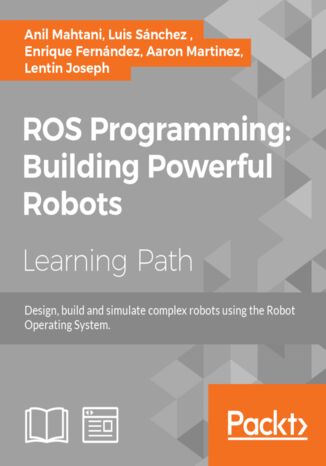



- Autorzy:
- Anil Mahtani, Aaron Martinez, Enrique Fernandez Perdomo, Luis Sánchez, Lentin Joseph
- Wydawnictwo:
- Packt Publishing
- Ocena:
- Dostępne formaty:
-
PDFePubMobi
Opis
książki
:
ROS Programming: Building Powerful Robots. Design, build and simulate complex robots using the Robot Operating System
program and build your robots using open
source ROS libraries and tools. We start
with the installation and basic concepts,
then continue with the more complex
modules available in ROS, such as
sensor and actuator integration (drivers),
navigation and mapping (so you can
create an autonomous mobile robot),
manipulation, computer vision, perception
in 3D with PCL, and more.
We then discuss advanced concepts in
robotics and how to program using ROS.
You'll get a deep overview of the ROS
framework, which will give you a clear
idea of how ROS really works. During the
course of the book, you will learn how
to build models of complex robots, and
simulate and interface the robot using the
ROS MoveIt motion planning library and
ROS navigation stacks.
We'll go through great projects such as
building a self-driving car, an autonomous
mobile robot, and image recognition
using deep learning and ROS. You can
find beginner, intermediate, and expert
ROS robotics applications inside!
It includes content from the following Packt products:
? Effective Robotics Programming with ROS - Third Edition
? Mastering ROS for Robotics Programming
? ROS Robotics Projects
Wybrane bestsellery
Anil Mahtani, Aaron Martinez, Enrique Fernandez Perdomo, Luis Sánchez, Lentin Joseph - pozostałe książki
Packt Publishing - inne książki
Dzięki opcji "Druk na żądanie" do sprzedaży wracają tytuły Grupy Helion, które cieszyły sie dużym zainteresowaniem, a których nakład został wyprzedany.
Dla naszych Czytelników wydrukowaliśmy dodatkową pulę egzemplarzy w technice druku cyfrowego.
Co powinieneś wiedzieć o usłudze "Druk na żądanie":
- usługa obejmuje tylko widoczną poniżej listę tytułów, którą na bieżąco aktualizujemy;
- cena książki może być wyższa od początkowej ceny detalicznej, co jest spowodowane kosztami druku cyfrowego (wyższymi niż koszty tradycyjnego druku offsetowego). Obowiązująca cena jest zawsze podawana na stronie WWW książki;
- zawartość książki wraz z dodatkami (płyta CD, DVD) odpowiada jej pierwotnemu wydaniu i jest w pełni komplementarna;
- usługa nie obejmuje książek w kolorze.
Masz pytanie o konkretny tytuł? Napisz do nas: sklep@helion.pl
Książka drukowana


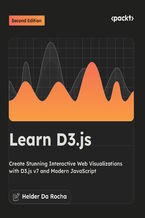

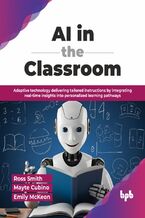
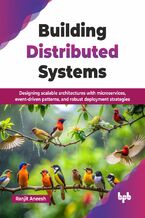

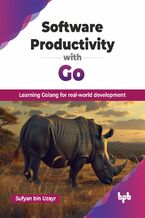
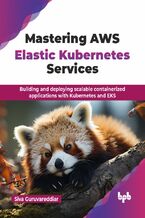
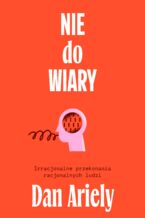
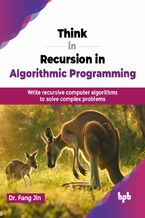
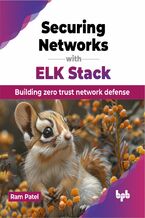
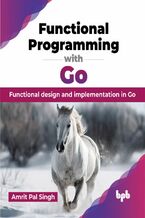
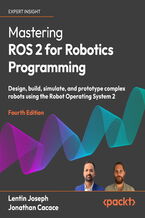
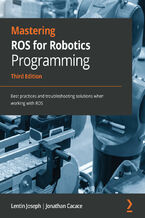
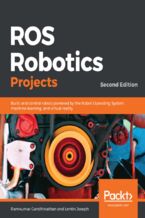
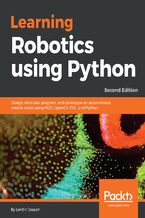
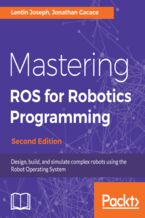
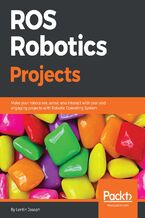
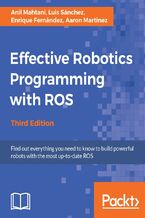
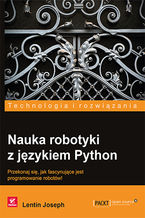
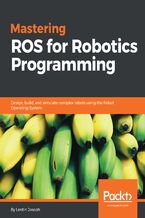
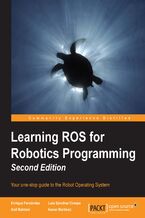





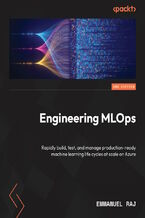
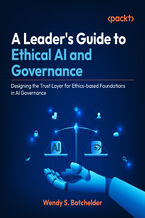
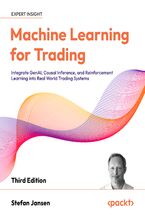
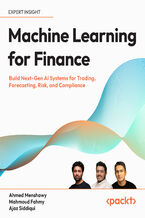
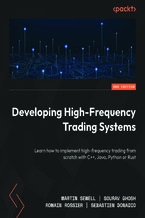
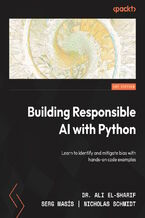
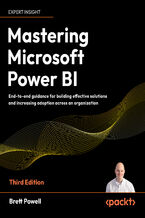
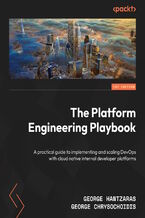
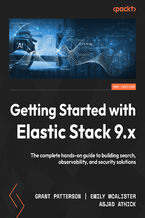
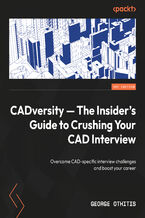



Oceny i opinie klientów: ROS Programming: Building Powerful Robots. Design, build and simulate complex robots using the Robot Operating System Anil Mahtani, Aaron Martinez, Enrique Fernandez Perdomo, Luis Sánchez, Lentin Joseph
(0)